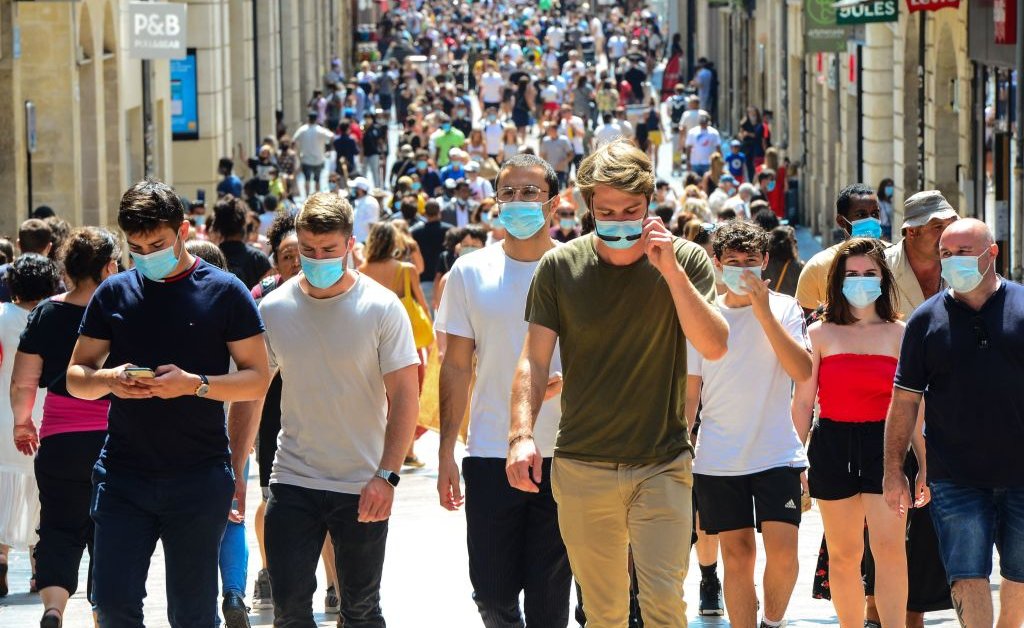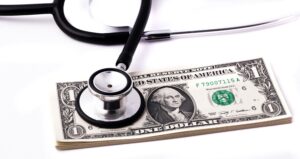
Plenty of things decide whether or not somebody chooses to put on a masks at this stage of the pandemic: their well being, their threat tolerance, the place they’re, who’s round them—and, based on a current examine, how enticing they suppose they’re.
The examine, which was printed in January within the journal Frontiers in Psychology, discovered that individuals who suppose they’re enticing are usually disinclined to put on masks. That appears to be as a result of individuals who suppose they’re handsome don’t imagine masks improve their look, whereas the other could also be true for individuals who don’t suppose they’re as enticing, the researchers concluded. (A number of cultures even have slang phrases for individuals who put on masks to look higher or conceal their full faces, the authors be aware. Within the U.S., it’s generally known as “masks fishing.”)
For the examine, a crew of researchers in South Korea recruited U.S. adults to take a number of surveys. Within the first, 244 folks answered questions on their self-perceived attractiveness and the way they thought sporting a masks affected their look. Then, researchers instructed the individuals to think about they’d a job interview and requested whether or not they would put on a masks within the interview in the event that they didn’t need to.
Extra from TIME
“People with greater self-perceived attractiveness had been much less more likely to endorse the assumption that mask-wearing enhances their perceived attractiveness, which additional dampened their mask-wearing intention in job interviews,” the authors write. In different phrases, individuals who thought they had been handsome didn’t need to detract from their look by protecting their face.
Learn Extra: How COVID-19 Adjustments the Coronary heart—Even After the Virus Is Gone
In one other experiment, the researchers posed related questions on masks and look to 442 folks. They requested half the group to think about they’d a job interview (a comparatively high-stakes scenario) whereas the opposite half imagined they had been strolling a canine (a extra mundane exercise). Each teams had been then requested if they’d select to put on a masks of their given situation.
They discovered that individuals had been extra more likely to say they’d put on a masks in the event that they thought it could make them look higher, and that pattern was extra obvious within the high-stakes job interview situation. This discovering, the authors write, suggests that individuals’s masking choices are at the least partially primarily based on how a lot they care about wanting good in a given scenario.
The will to seem enticing could even be as influential as the need to remain wholesome. Of their surveys, the authors additionally requested folks how a lot they feared COVID-19. Individuals who thought masks made them look higher had been roughly as more likely to cowl up as those that had been terrified of the virus.
With COVID-19 masks mandates largely a factor of the previous within the U.S., it’s vital for researchers and public-health authorities to know why persons are—or usually are not—persevering with to put on them. Stopping illness is, after all, a serious motivator. However so, it seems, is wanting good.
Extra Should-Reads From TIME



